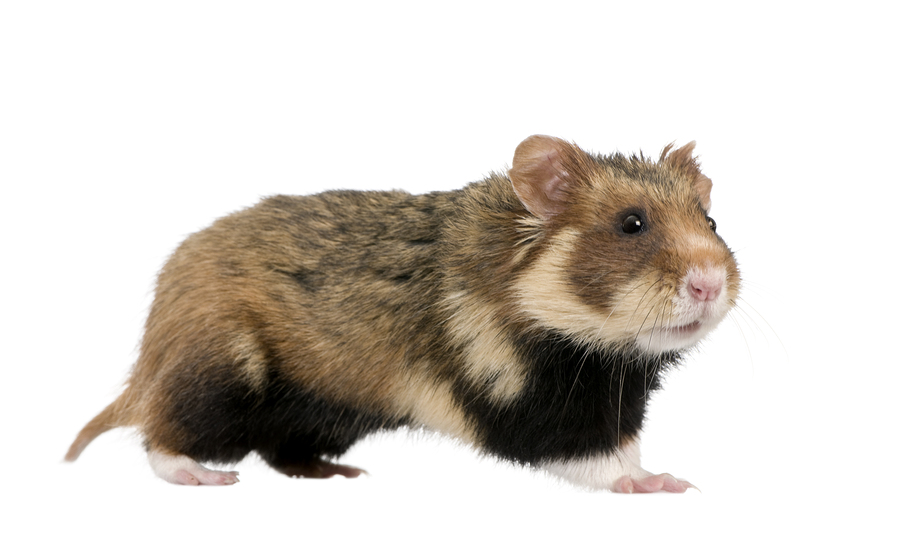A new paper, published in The Royal Society, has found that a monotonous diet of corn is leading to cannibalism in rodents. The paper, from scientists at the University of Strasbourg, set out to determine why the European hamster (which is critically endangered) had been dying off at an alarming rate.
Researchers initially believed that pesticides and industrial plowing were to blame but eventually found that diet was the root cause. In regions where hamster numbers have declined the most, their diet had changed from grains, roots, and insects to corn, thanks to industrial farming.
Led by Mathilde Tissier, the team carried out a number of experiments and found shocking results:
“A first set of lab experiments with wild specimens compared wheat and corn-based diets, with side dishes of clover or worms. There was virtually no difference in the number of pups born, or the basic nutritional value of the different menus. But when it came to survival rates, the difference was dramatic.
About four-fifths of the pups born of mothers feasting on wheat-and-clover or wheat-and-worms were weaned. Only 5%, however, of the baby hamsters whose mothers ate corn instead of wheat made it that far. What was most disturbing is how they perished.”
Of the mothers in the last group, those who ate corn, “kept their pups with their stash of maize and eventually ate them alive. They also developed ‘black-tongues’ and began acting erratically, ‘climbing and pounding their feeders.'”
Apparently, improperly cooked maize-based diets have been known to cause problems (like higher rates of homicide, suicide, and cannibalism in humans) because it causes a Vitamin B3 deficiency and that leads to a condition called pellagra; between 1735 and 1940 it is believed that three million people died from the disorder.
After figuring this out the scientists tested the hamsters with a strict maize-based diet and added B3 in some of the population. The hamsters with the additional vitamins stopped eating their young.
Though the European hamster is considered a pest by farmers, bio-diversity is still important for the ecosystem and in France is also the law. Therefore, researchers argue there must be an effort to restore a “diverse range of plants in agriculture schemes.”
We couldn’t agree more.
Source: Natural Blaze and Gizmodo












